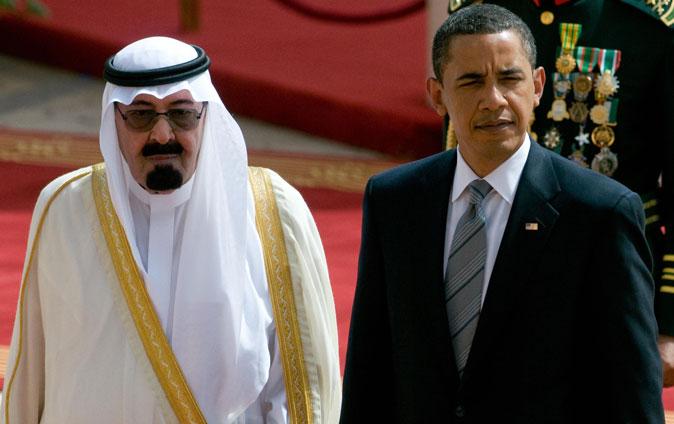Joergen Oerstroem Moeller
Author
LATEST
Live Longer, Consume Less: Recipe for Slow Growth
Global growth no longer keeps the pace of just a decade ago. Researcher Joergen Oerstroem Moeller points to behaviors that contribute to reduced consumption: Life expectancy has risen, but ages for collecting pensions have remained steady at around age 60, thus stretching out the retirement stage of life. Fearing poverty, combined with increased uncertainty over government regulations and social welfare programs, consumers save more. Governments and corporations have taken on more debt; consumers recognize that tax bills and higher prices are inevitable. Economic recession combined with environmental awareness discourage materialism. The behaviors are contributing to a trend of reduced growth. “Efforts from policymakers to reverse that trend will only further unbalance national economies and aggravate deficits and future burdens,” Moeller warns. He urges governments and individuals to respond with policies adjusting to lower growth and emphasizing qualitative growth including education, health, and activities that promote well-being and happiness.
|
Desperate Millions Flee Poverty, Persecution, and Inequality
The developed world needs to engage with poorer countries to reduce poverty, or face uncontrolled, high migration.
|
Shale Gas Helps Fracture US-Saudi Ties
Shale oil and gas has been labeled a game changer. Statistics would suggest that, yes, the new technologies and discoveries associated with hydraulic fracking change the energy picture and economic outlook, in particular for the US, but less so than predictions would have it a year or two go.
|
Shale Gas Helps Fracture US-Saudi Ties
Shale oil and gas has been labeled a game changer. Statistics would suggest that, yes, the new technologies and discoveries associated with hydraulic fracking change the energy picture and economic outlook, in particular for the United States, but less so than predictions would have it a year or two ago.
The greater impact won’t be on the U.S. economy, but rather U.S.-Saudi relations and stability for the Middle East. President Barack Obama met King Abdullah March 28, and both leaders recognize that the geopolitical ground shaped by their common interest in stable oil prices has shifted, creating a new imbalance that could spill over into Mideast security policy.
|
Live Longer, Consume Less: Recipe for Slow Growth
Global growth no longer keeps the pace of just a decade ago. Researcher Joergen Oerstroem Moeller points to behaviors that contribute to reduced consumption: Life expectancy has risen, but ages for collecting pensions have remained steady at around age 60, thus stretching out the retirement stage of life. Fearing poverty, combined with increased uncertainty over government regulations and social welfare programs, consumers save more. Governments and corporations have taken on more debt; consumers recognize that tax bills and higher prices are inevitable. Economic recession combined with environmental awareness discourage materialism. The behaviors are contributing to a trend of reduced growth. “Efforts from policymakers to reverse that trend will only further unbalance national economies and aggravate deficits and future burdens,” Moeller warns. He urges governments and individuals to respond with policies adjusting to lower growth and emphasizing qualitative growth including education, health, and activities that promote well-being and happiness.
|
Desperate Millions Flee Poverty, Persecution, and Inequality
The developed world needs to engage with poorer countries to reduce poverty, or face uncontrolled, high migration.
|
Shale Gas Helps Fracture US-Saudi Ties
Shale oil and gas has been labeled a game changer. Statistics would suggest that, yes, the new technologies and discoveries associated with hydraulic fracking change the energy picture and economic outlook, in particular for the US, but less so than predictions would have it a year or two go.
|
Shale Gas Helps Fracture US-Saudi Ties
Shale oil and gas has been labeled a game changer. Statistics would suggest that, yes, the new technologies and discoveries associated with hydraulic fracking change the energy picture and economic outlook, in particular for the United States, but less so than predictions would have it a year or two ago.
The greater impact won’t be on the U.S. economy, but rather U.S.-Saudi relations and stability for the Middle East. President Barack Obama met King Abdullah March 28, and both leaders recognize that the geopolitical ground shaped by their common interest in stable oil prices has shifted, creating a new imbalance that could spill over into Mideast security policy.
|




